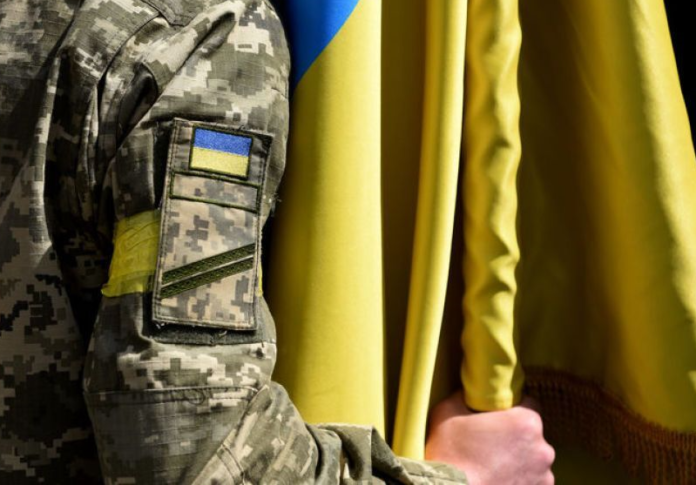Західні ЗМІ публічно пишуть, що Офіс Президента не може організувати мобілізацію, а українці перестали вірити пропаганді.
The New York Times опублікувало велику статтю про мобілізацію: Після двох років кровопролитних боїв Україна бореться із призовом на військову службу.
Коли російські війська і танки увійшли в Україну в лютому 2022 року, десятки тисяч українців кинулися служити в армію в пориві патріотичного піднесення. Приплив бійців, які слухняно відповідали на заклики або записувалися добровольцями, допоміг відбити первісний наступ Росії і зірвати плани Кремля щодо обезголовлення українського уряду.
Але після майже двох років кровопролитних боїв, коли Україна знову потребує свіжих військ, щоб відбити новий наступ Росії, військове керівництво більше не може покладатися тільки на ентузіазм. Дедалі більше чоловіків ухиляються від військової служби, в той час як заклики до демобілізації виснажених солдатів на передовій зростають. Зміна настроїв була особливо очевидна в палких дебатах з приводу нового законопроєкту про мобілізацію, який може призвести до призову до 500 000 військовослужбовців. Законопроєкт був внесений до парламенту минулого місяця, але був швидко відкликаний для доопрацювання.
Законопроєкт викликав невдоволення в українському суспільстві процесом набору в армію, який був засуджений як пронизаний корупцією і дедалі агресивніший. Багато законодавців заявили, що деякі з його положень, як-от заборона на купівлю нерухомості особами, які ухиляються від призову в армію, можуть порушувати права людини.
Найбільший камінь спотикання стосується дуже делікатного питання масової мобілізації. Заходи, які полегшили б призов на військову службу, експерти сприйняли як такі, що прокладають шлях до широкомасштабного призову, який, за словами деяких військових чиновників, необхідний, щоб поповнити втрати на полі бою і витримати ще один рік запеклих боїв. Багато хто в Україні побоюється, що такі заходи можуть спровокувати соціальну напруженість. Президент Володимир Зеленський, схоже, не бажає брати на себе відповідальність за введення масштабної мобілізації.
Військові припустили, що масова мобілізація є проблемою для цивільного уряду, і ця реакція може посилити напруженість, що назріває, між Зеленським і його головнокомандувачем Валерієм Залужним. Восени український президент дорікнув генералу Залужному після того, як той заявив, що війна зайшла в глухий кут.
“Політичне керівництво вирішило уникати питання мобілізації” протягом більшої частини протистояння”. Але, з огляду на те, що війська виснажені за два роки, ігнорувати це неможливо, “і просто зараз хтось повинен нести політичну відповідальність”.
Проблема мобілізації достатньої кількості солдатів є лише однією з багатьох, що стоять перед Україною, оскільки іноземну військову та фінансову допомогу стає дедалі важче отримати, погрожуючи послабити спроможність Києва утримувати лінію фронту та підтримувати свою економіку. Необхідність поповнення українських збройних сил очевидна вже кілька місяців, а офіційний Київ тримає в секреті свої втрати.
Солдати на фронті говорили, що помітили неухильне зниження якості новобранців. Багато з них літні, заліковують травми, отримані багато років тому, і в них немає мотивації битися. Дедалі більше чоловіків також намагаються уникнути призову, тікаючи з країни або ховаючись удома. Дезертирство, за словами одного українського солдата, дислокованого на сході, також стає проблемою.
Це спонукало військових вербувальників перейти до агресивнішої тактики, примушуючи чоловіків іти до військкоматів, затримуючи їх, часто незаконно, і примушуючи їх вступати на військову службу. Багато українців порівнюють вербувальників із “викрадачами людей”.
Експерти кажуть, що в цьому і полягає основна мета мобілізаційного законопроєкту, в якому не уточнюється, скільки військ має бути додано.
Він знизить призовний вік з 27 до 25 років, обмежить відстрочку у зв’язку з незначною інвалідністю та обмежить можливість ухильників від призову отримати кредит або купити нерухомість.


